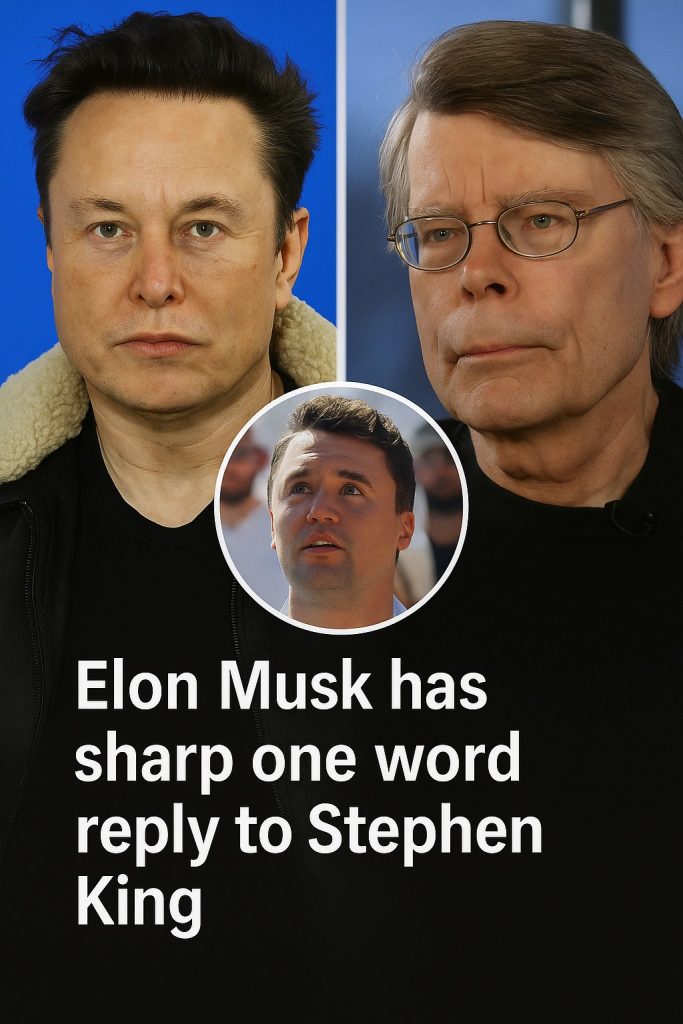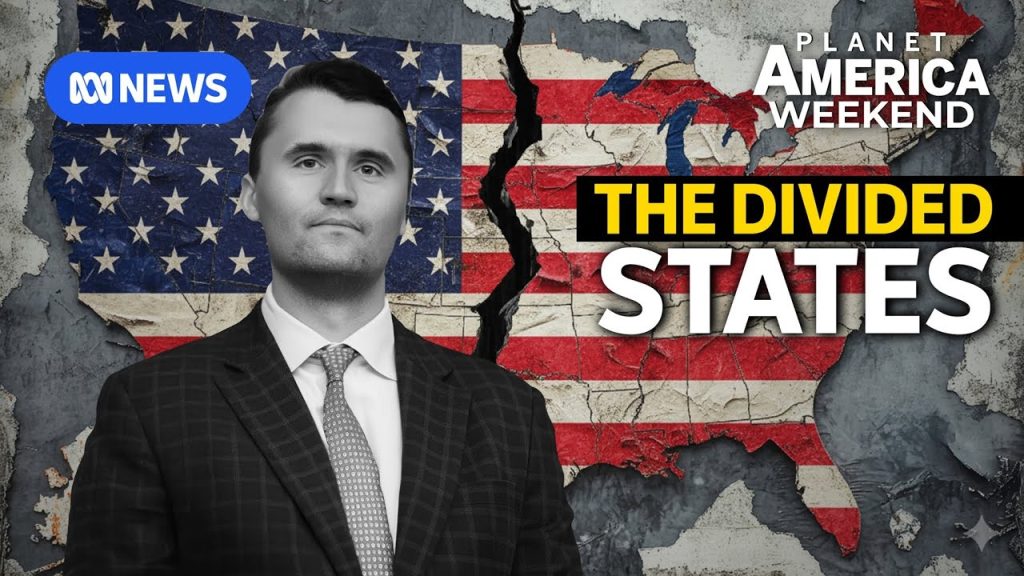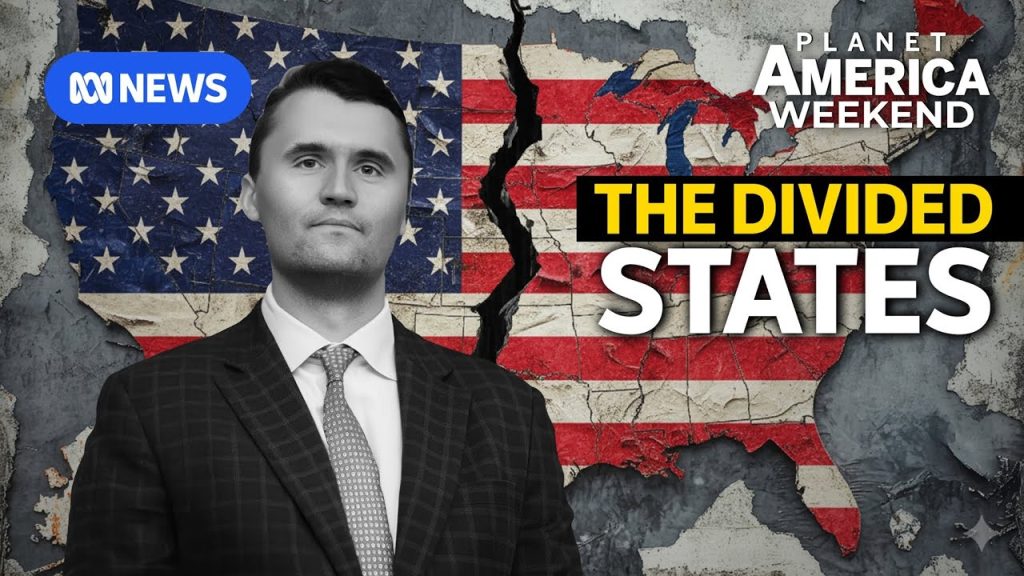In a surprising turn of events within the digital sphere, a heated exchange has erupted involving tech mogul Elon Musk and acclaimed author Stephen King. The controversy stems from King’s condemnation of conservative commentator Charlie Kirk following his contentious remarks in the wake of a tragic event. Musk’s sharp retort to King has ignited a flurry of reactions across social media platforms.
The saga began when Charlie Kirk, a prominent figure in conservative circles and founder of the youth advocacy group Turning Point USA, made headlines after the assassination of a controversial political figure. Kirk’s comments were perceived by many as inflammatory, prompting a swift backlash from various quarters, including Stephen King. The renowned author, known for his outspoken views, took to Twitter to express his dismay, stating, “Some people take advantage of tragedy to further their agenda. Disgraceful.”
In response to King’s critique, Musk, who has been known to engage directly in Twitter discourse, delivered a pointed reply. He countered King’s condemnation with a succinct but impactful message that didn’t just focus on the substance of Kirk’s remarks but also highlighted what he described as a larger issue within public discourse around sensitive topics. This retort prompted an immediate reaction from fans and followers of both figures, sparking discussions about the fine line between free speech and responsible commentary.
The incident quickly gained traction, reflecting the polarized nature of contemporary dialogue on social media. Users shared the exchange widely, with memes, commentary, and further critiques of both celebrities flooding platforms like Twitter, Instagram, and TikTok. Musk’s celebrity status, combined with King’s literary reputation, created a perfect storm for virality, with coverage spreading rapidly beyond their individual fan bases.
This is not the first time Musk’s comments have stirred controversy, nor is it the first time King has used his platform to challenge political figures. Their clash highlights a growing trend where public critiques on socially sensitive issues can elicit volatile exchanges. For many observers, the incident exemplifies how social media can serve as both a battleground for ideas and a platform for sometimes reckless discourse.
As debates surrounding free speech and accountability intensify, many are left wondering what the implications of Musk’s and King’s comments will be on their respective audiences. The responses to this Twitter spat may very well shape future interactions, with many contemplating the broader societal impacts of such high-profile exchanges.
This ongoing conversation about accountability and expression illustrates the complexities of navigating public sentiment, especially when public figures take stances on polarizing events. As this situation develops, the broader implications for both Musk and King—and the communities they inspire—remain to be seen, but it’s clear that their words carry weight in the ever-swirling world of social media.
Where to Learn More
- BBC News – Provides reliable coverage on global news, including social media trends and public figure interactions.
- The New York Times – Features in-depth analysis and commentary on contemporary issues, including political discourse and celebrity news.
- The Washington Post – Offers thorough reporting on political commentary and social media impact, focusing on significant events and their analysis.
- The Independent – Covers diverse viewpoints on trending social issues, including reactions to political commentary from public figures.



